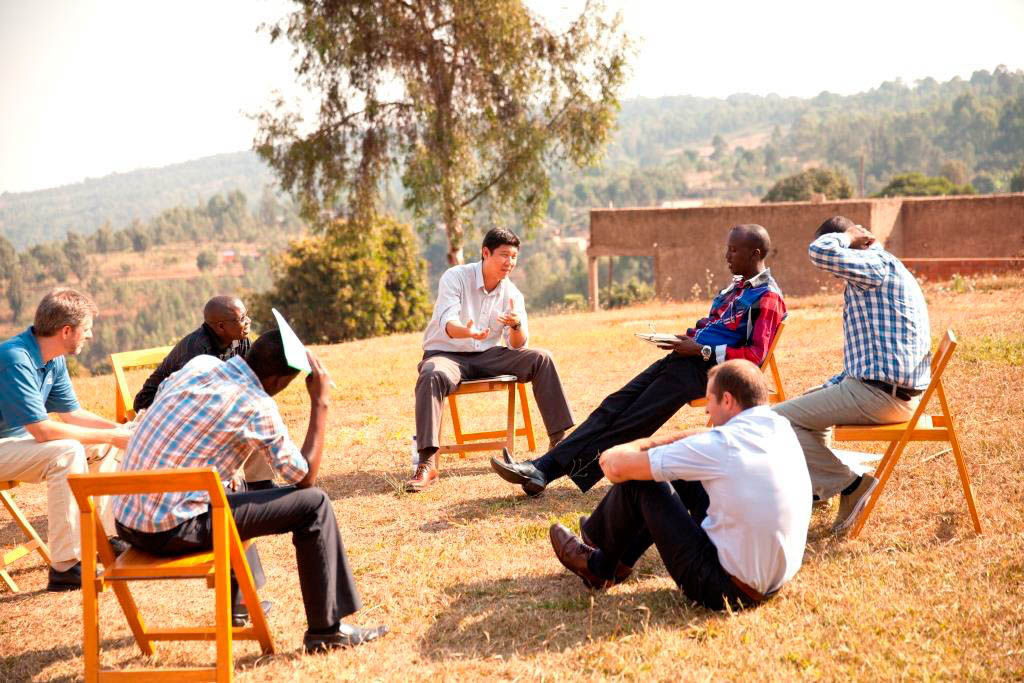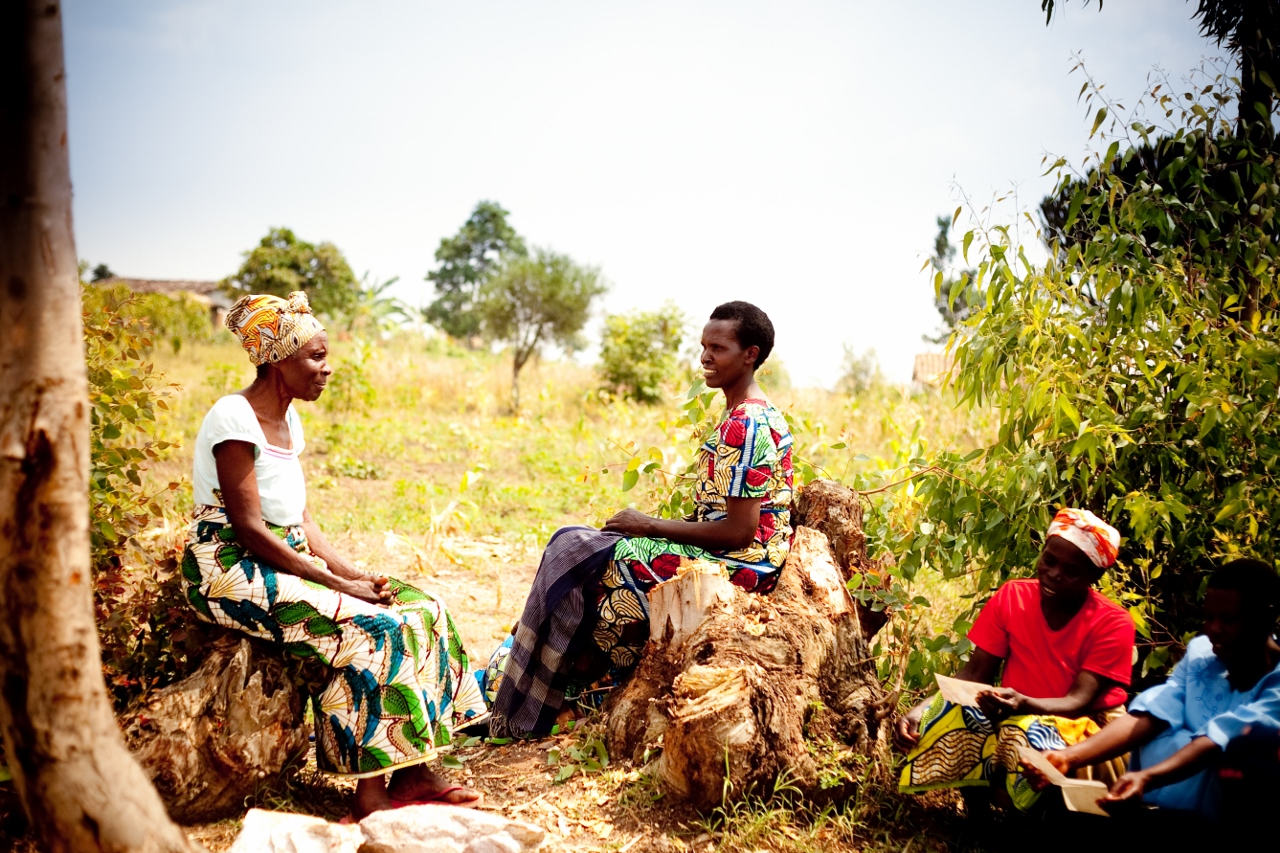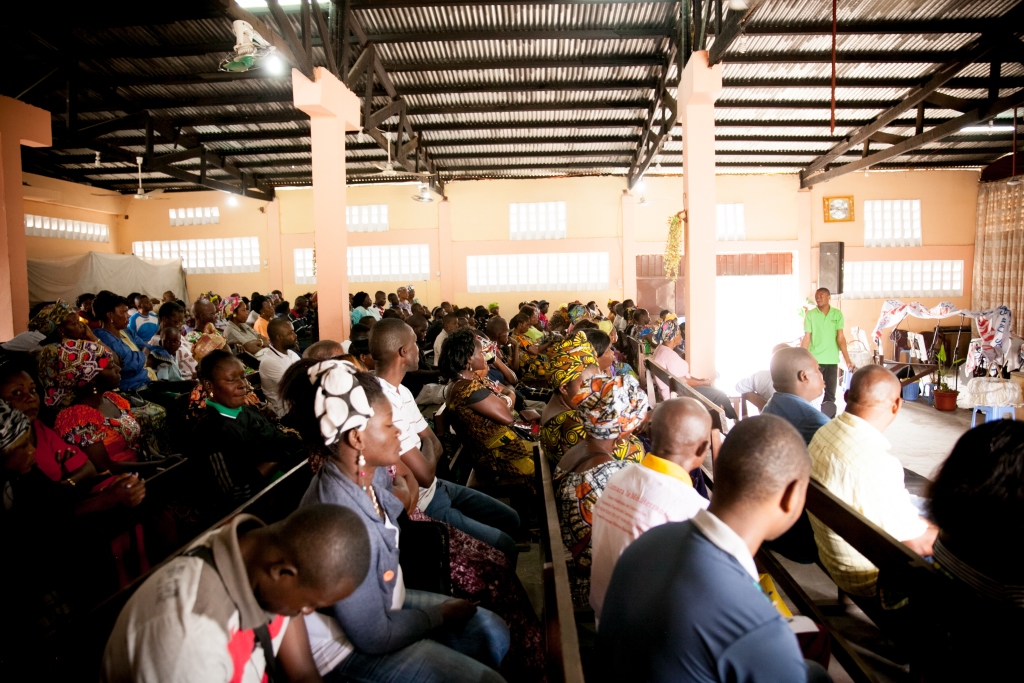Keeping Christ central
A weekly series from HOPE’s director of spiritual integration
You could feel the excitement in Roger’s voice.
“I think this might be the one. Significant leadership in a multinational bank—check. CPA license—check. Speaks the local language and English—check. Active in his church—check.” Everyone silently wondered, “Did we finally find the needle in the haystack?”
The position in question was CEO of one of our African microfinance institutions, and we felt the heat to get this role filled ASAP. The program needed leadership. The Central Bank required a technically savvy CEO. HR wanted closure. Everyone wanted him to be the right fit.
And then someone asked,
Does he have a demonstrated passion for making disciples and guiding our spiritual integration efforts?
Aside from our personal connection with Christ, there is nothing more critical to fulfilling our mission than hiring the right staff. Each new team member either deepens our Christ-centeredness or distracts, dilutes, and discourages it. This is especially true of leaders but applies to every role from top to bottom.





















